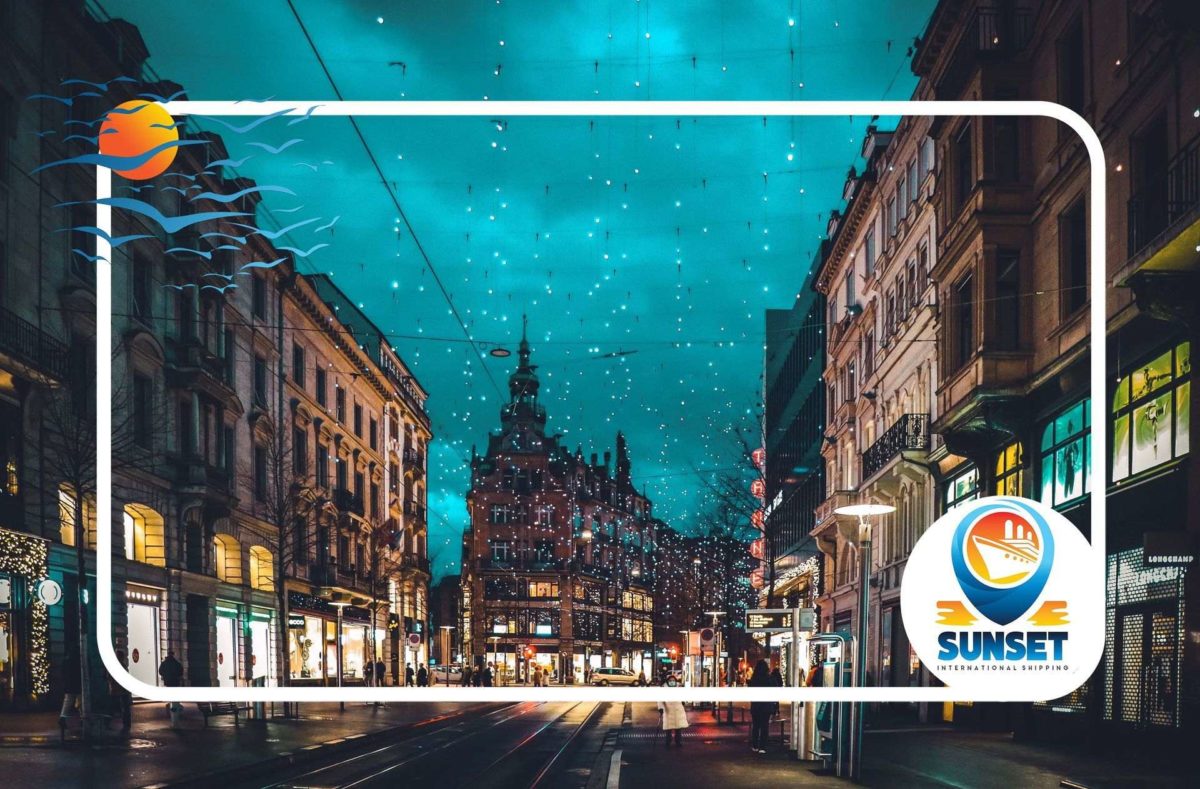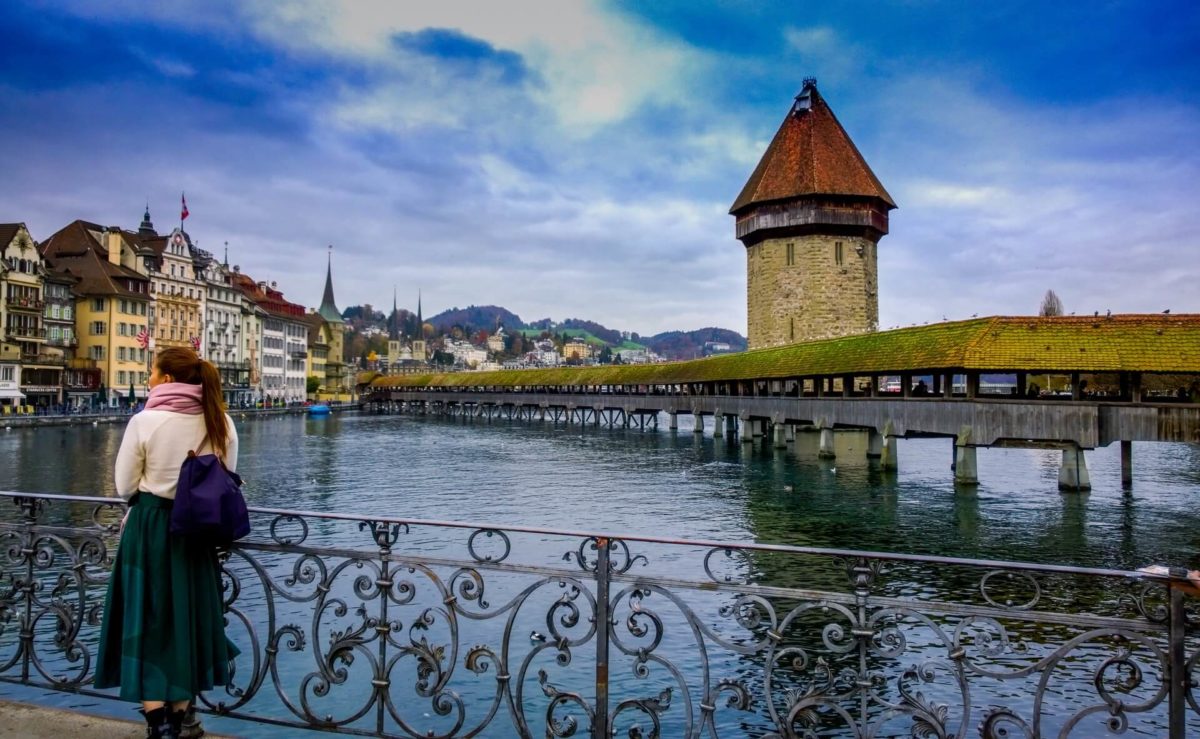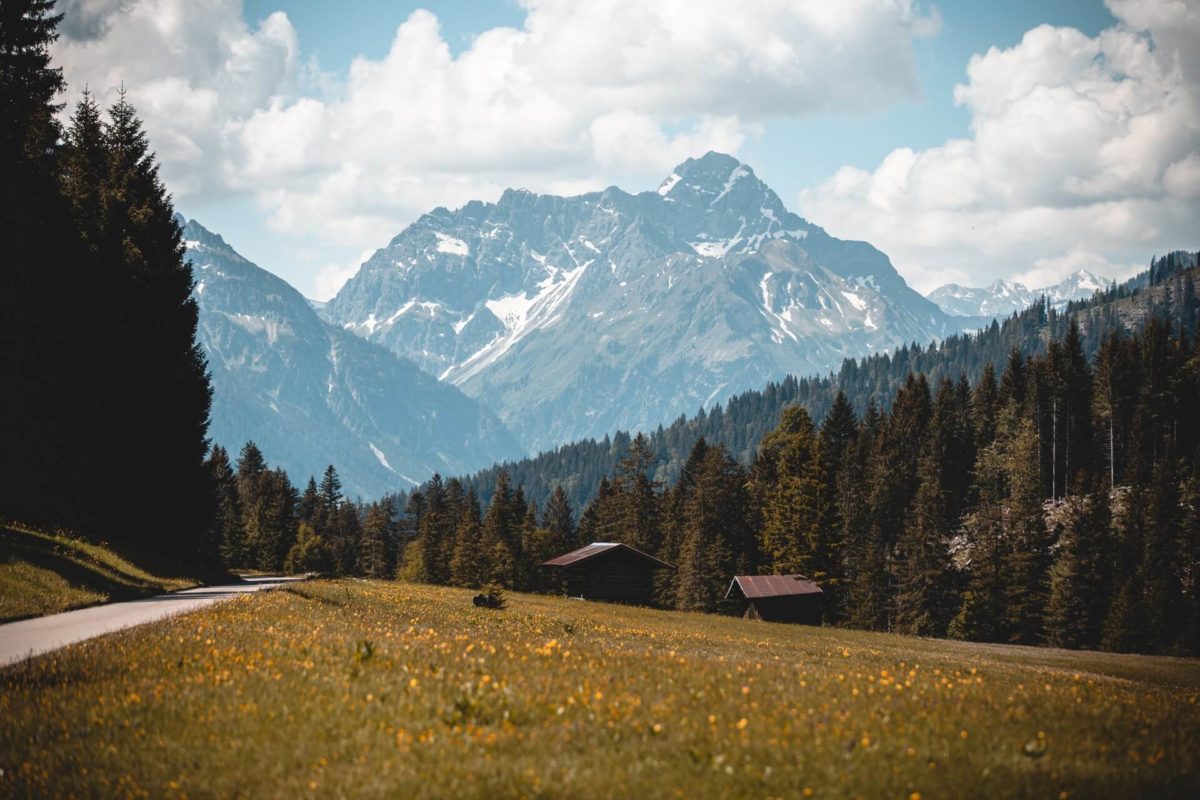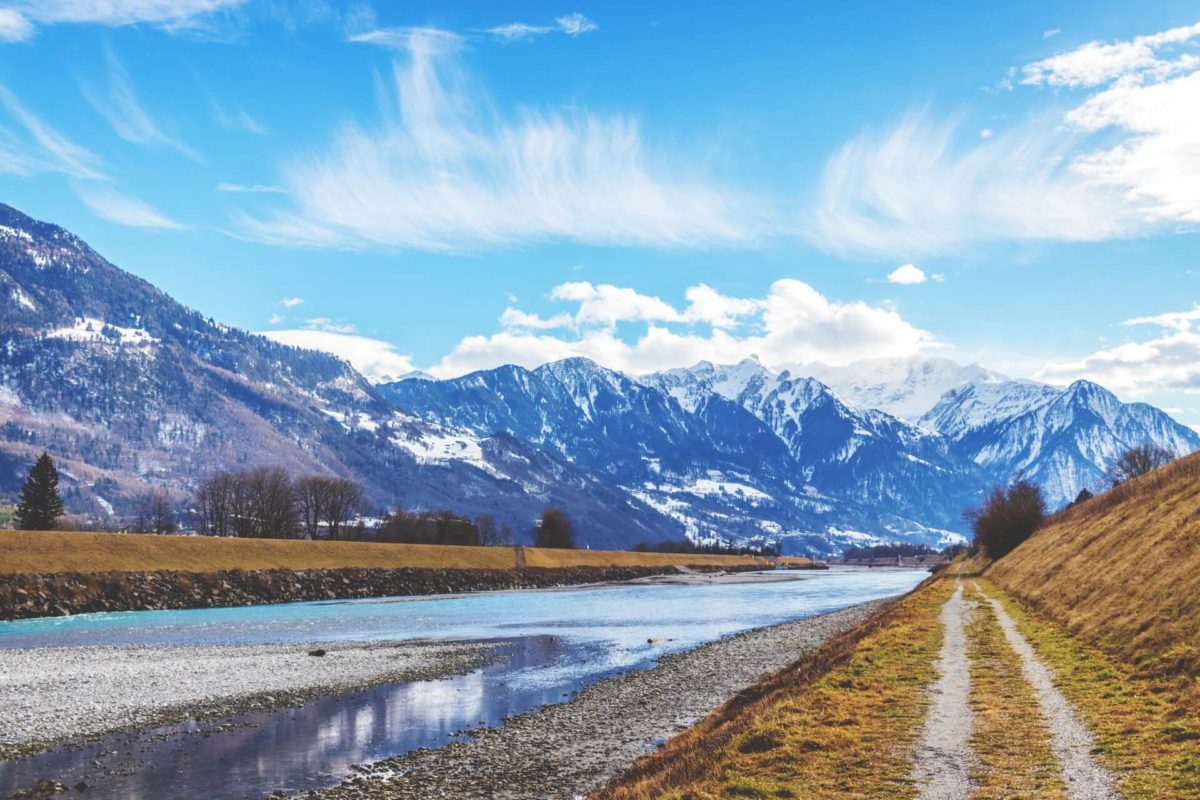You are not alone when you dream about moving to Switzerland. In the mountainous European country with 8.5 million residents, a surprising number of two million people are indeed foreign. But keep in mind that the requirements for moving internationally and settling there are not at all simple.


The Swiss Confederation is a federal republic that consists of 26 cantons, with Bern as its capital, referred to as “the federal city” by residents. Other notable cities are Zürich, Basel, and Geneva, which are home to many international organizations, such as the UN’s second-largest office and the headquarters of FIFA.
These cities also have the main Swiss international airports in them. Since it occupies the crossroads of Romanic and Germanic Europe, it has four cultural and linguistic regions: German, Italian, French, and Romansh. It means most people that plan on moving to Switzerland from the US will need some tips for learning a new language.
Moving to Switzerland Will Require a Visa, While Short-Term Stay Does Not
Americans can freely stay up to 90 days without any visas, and it’s considered short-term. However, if you wish to move to Switzerland from the USA with Sunset International Shipping, you’ll need to follow the usual procedures and acquire all the necessary documents needed to travel abroad. The Swiss long-stay visas you should apply for at their embassy or consulate responsible for the state you live in are also known as the national or D-visas.
According to the OECD, in 2022, Switzerland received 130,000 new long-term or permanent immigrants. Out of these immigrants, 74% were benefiting from free mobility, 2% as labor migrants, 15% as family members, and 8% as humanitarian migrants.
Can I Move to Switzerland? How to Immigrate to Switzerland in These Simple Steps
Is it difficult to move to Switzerland? We’ll start answering this question by explaining the main steps you should take to move here and start living in another country, such as the Swiss Confederation. Whatever drives you to move to this beautiful European nation, the initial step is to apply for a long-stay visa, and after you receive it, you may enter its borders.
The next step is to register with labor market authorities and at the cantonal immigration. After that, you may apply for permanent residence. If you want to get a job and move with a work Visa, keep in mind that the demand for Electrical Technicians/Engineers has surged by 710% between 2021 and 2024.
Additionally, roles such as Quality Assurance and Management Specialists have seen a remarkable increase in job advertisements, rising by 1,138% over a four-year period.
Which Visa Should I Apply for if I Want to Move to Switzerland From the USA?
Our reasons behind relocating across the world vary. Perhaps you’re relocating to another country for love, or you want to advance in your career, but your international moving may also be driven by the wish to study abroad. The reasons for hiring an international moving company to move to the Swiss Confederation will define the type of visa you should apply for:
- The Swiss Family Reunification Visas – This is granted to Americans who wish to join a family member, such as a partner, spouse, or parent who is a resident, and it can be temporary or permanent.
- Work Visa – If you’ve managed to get a job in Europe as an American in this place, you may be eligible to apply.
- The Swiss Study Visas – This is granted to US citizens who wish to move to another country to join an educational institution and study in the Swiss Confederation. However, to be eligible for it, you must already be enrolled in an educational institution.
So, to answer the question “Can US citizens move to Switzerland” – yes, they can, under these conditions and terms.


Can I Immigrate to Switzerland From the US, and Where Should I Apply?
There are two ways you can apply before moving overseas to settle in a nation that produces the most chocolate in the world – by drop-off or mail-in. A drop-off means you can bring your documents in person to the embassy or consulate responsible for the state you live in. You should have an appointment beforehand, and also visit their reception between 9 am and noon. Mail-in means you can mail the completed application.
How to Move to Switzerland and Stay? You Need a Residence Permit
Before you consider how to move to Switzerland with an overseas shipping company and start compiling your relocating abroad checklist, it would be helpful to learn about residence permits. You are bound to register at the cantonal immigration office within 14 days of entering the country’s territory to receive the permit. The permit L is for short-term residence, and it’s valid for a year, while it can be renewed only once. The B permit is for initial or temporary residence, valid for a year, and the main difference is that it can be renewed annually.
A permanent residence status will not be received on your first entry because you need to live here for about five years (in most cases, it will be ten years) to be able to apply for residence. And you’ll need ten years of continuous residence to apply to become a citizen.


If Immigration to Switzerland Is in Your Plans, Get To Know the Cities
You may choose between different types of cities based on your preferences and overall lifestyle. While Lucerne and Bern are surrounded by the stunning outdoors, Geneva and Zürich offer a truly cosmopolitan feel. Those who decided not to overpack when relocating abroad and are looking for luxurious shopping areas while surrounded by a plethora of dining and entertainment options should turn their view toward Zürich. Geneva is the country’s most multicultural city, where you will probably more easily find expat communities and overcome adjusting to a new country with less effort.


Know What to Expect When It Comes to the Cost of Living Before Employing an Overseas Moving Company
Before you invest in packing services so your belongings can be safe while shipping overseas, you should inform yourself about the average cost of living in the nation you strive to settle in. According to Numbeo, Switzerland ranks as one of the most expensive countries in the world, with Zürich and Geneva consistently listed among the top 10 most expensive cities globally. When it comes to housing costs here, the rent alone is around 2,000 CHF (2,150 USD) for a one-bedroom apartment, and the price per square meter for an apartment in the city center is $12,090.
When the living costs of 1,500 CHF (1,600 USD) per month are added, you get the picture of how expensive it is to live here. But on the other hand, if you plan on working in Europe as an American, your wage will more than easily cover it. The average salaries are among the highest in Europe, ranging from 6,500 CHF (7,000 USD) per month to 9,500 CHF (10,300 USD.)


People Living Here Must Be Covered By Health Insurance
Although many health systems have been put to the test during the corona pandemic, the general standard of healthcare you receive in this nation is very high. Health insurance prices vary depending on the canton you are located in, but every resident must be covered, from the youngest to the oldest. The healthcare is private, and your projected budget for health insurance should be at least 300 CHF (320 USD) per month to cover it.
And The Schools Offer High-Quality Education
The public school standard is high quality, on par with private schools, while being free. However, if your child isn’t learning a language abroad yet, keep in mind that schools are taught in predominantly spoken languages in that canton. You may have to consider paying for private education with an annual cost of up to $80,000.
When it comes to universities, you should know that the public university fees are also low, with the yearly tuition average costs being under 2,000 CHF ($2,200.)


Make Sure You Get Informed About the Double Tax Treaty When Moving to Switzerland From the US
This is one of the countries with double taxation treaties with over 80 other nations, and the US is among them. The main effect is that non-residents, who hail from treaty countries, may be taxed at a reduced rate and even exempt from the taxes on certain parts of income they receive from sources within the country of origin. You can add this to the list of relocation questions to ask the employer if you’ve managed to land a job and your reason to move is work-related.


So, How’s the Weather? Be Prepared Before International Moving Company Arrives
The weather is such that you can easily imagine this place as the best European country to live in. The climate is moderate, and there is no excessive heat, humidity, nor cold. The daytime temperature varies from 65° – 82° F (or 18 to 28 °C as locals would say) from July to August, while the wintertime range is -2 to 7 °C (28° – 45° F.) The Alps form a sort of separation between different types of weather, and the climate is very changeable.


Get Informed About Public Transportation Before Moving Overseas
While you may want to keep the convenience of owning a car, and that’s why you’ll invest in overseas vehicle shipping, you should know that the public transport here has a reliable and extensive network. The most popular way of travel here is by train, because of its efficiency as well as punctuality. You can get a yearly unlimited-trip travel pass that will work countrywide and is valid for all types of transport. It costs 3,860 CHF ($4,150.) You can also get single tickets and monthly passes.
If you still want to keep your car, any expat would enjoy driving here, and you may do it on a foreign license for up to a year. However, US citizens may have to own an official document stating when their license was issued.


You Can Live Among Many Mesmerizing Tourist Attractions After Moving Abroad
It’s hard to beat this place when it comes to magnificent scenery and outdoor activities. If you choose to live overseas and aim for this part of Europe, the world-class resorts will be at your feet, and you can go hiking, biking, and climbing, but also paragliding and skiing at all times.
When it comes to astonishing things to do, you can make a train journey to Jungfraujoch, or the “Top of Europe,” with a scientific observatory and an observation terrace at 11,332 feet. The Great Aletsch Glacier, the longest glacier in Europe, begins at Jungfraujoch and is designated as a UNESCO World Heritage Site. Make sure you don’t leave your warmer clothes packed in storage units, so you can enjoy the outside life as much as you can.


Is It Worth Moving to Switzerland? Know the Facts Before Planning on Shipping Overseas
Where to start – with some of Europe’s bluest lakes? Or valleys flowering with Alpine herbs and blossoms, surrounded by spectacular mountain views? This is one of the countries that won’t disappoint you, whether you enjoy winters or summers, and the scenery outruns any culture shock you might feel. Not to say you may freely consider it one of the best places to live abroad with family for anyone who plans on relocating with kids, so get the documents and other things you need, and head on to apply and start your life here.
Need help with your move? Sunset International Shipping offers expert packing, secure transport, and seamless relocation services to make your move stress-free. Contact us to get a free quote today and start your journey with confidence!
FAQ
The job market in Switzerland is generally considered to be strong, with a low unemployment rate and a high standard of living. The country is home to several multinational companies, particularly in the banking, pharmaceutical, and technology industries, which offer a wide range of job opportunities. The average salary in Switzerland is also relatively high, although this is balanced by the high cost of living.
While the job market is competitive, particularly for positions that require specialized skills, the country’s strong economy and stable political environment make it an attractive destination for job seekers from around the world. Additionally, Switzerland has a high standard of employee protections and benefits, including paid time off, healthcare, and retirement savings, which further contributes to its appeal as a place to work.
Switzerland is home to several prestigious schools, including some of the world’s leading universities and boarding schools. The country is particularly well-known for its hospitality and tourism schools, which attract students from around the world. One of the most famous schools in Switzerland is the International School of Geneva, which offers an International Baccalaureate program and has a diverse student body.
Other top schools include the École Polytechnique Fédérale de Lausanne, which is one of the world’s leading engineering schools, and the University of Zurich, which is consistently ranked among the top universities in Europe. Swiss boarding schools, such as Institut auf dem Rosenberg and Le Rosey, are also renowned for their academic rigor and focus on extracurricular activities like sports and the arts.
Switzerland is generally considered to be a safe and peaceful country to live in. The crime rate is relatively low, and the country is known for its political stability and low levels of corruption. Swiss cities are generally very safe, with low levels of violent crime, although petty crime, such as pickpocketing, can occur in busy tourist areas.
Switzerland also has a highly efficient healthcare system and excellent emergency services, which contribute to its overall safety. However, as with any country, it’s important to take basic precautions to ensure your safety, such as being aware of your surroundings and not leaving valuables unattended.
Switzerland is a relatively diverse country, with a population that includes people from a variety of ethnic, linguistic, and cultural backgrounds. The largest ethnic groups are Swiss nationals, who make up around two-thirds of the population, and people of European origin, particularly from Italy, Germany, and France.
Switzerland is also home to significant populations of immigrants from other parts of the world, including Portugal, the Balkans, and Turkey, as well as refugees and asylum seekers from various countries. The country has four official languages – German, French, Italian, and Romansh – and many people are multilingual, particularly in urban areas. Overall, Switzerland’s diverse population contributes to its rich cultural heritage and vibrant social fabric.
Switzerland has a diverse and vibrant nightlife scene, with a wide range of options available for night owls. Many cities and towns have a variety of bars, clubs, and music venues, which cater to different tastes and interests. Zurich and Geneva are particularly popular for their nightlife, with a mix of high-end clubs, cozy bars, and live music venues. Other cities like Basel, Bern, and Lausanne also offer their own unique scenes, with options ranging from underground clubs to rooftop bars.
However, it’s worth noting that nightlife in Switzerland can be expensive, particularly in cities, with drinks and cover charges often costing more than in other countries. Additionally, Swiss laws prohibit smoking indoors, which can be a surprise for those used to smoking in bars and clubs in other countries.
Switzerland has a rich cultural heritage, and there are many museums throughout the country that showcase its history, art, and science. Some of the top museums to visit in Switzerland include the Swiss National Museum in Zurich, which offers an extensive collection of Swiss art and artifacts, and the Olympic Museum in Lausanne, which showcases the history of the Olympic Games.
The Kunsthaus Zurich, which is one of the largest art museums in Switzerland, features works by Swiss and European artists from the Middle Ages to the present day. Other popular museums include the Museum of Fine Arts in Bern, the Museum of Art and History in Geneva, and the Vitra Design Museum in Basel. Finally, the CERN Particle Physics Laboratory in Geneva offers tours and exhibitions that provide a fascinating glimpse into the cutting-edge research being conducted there.










